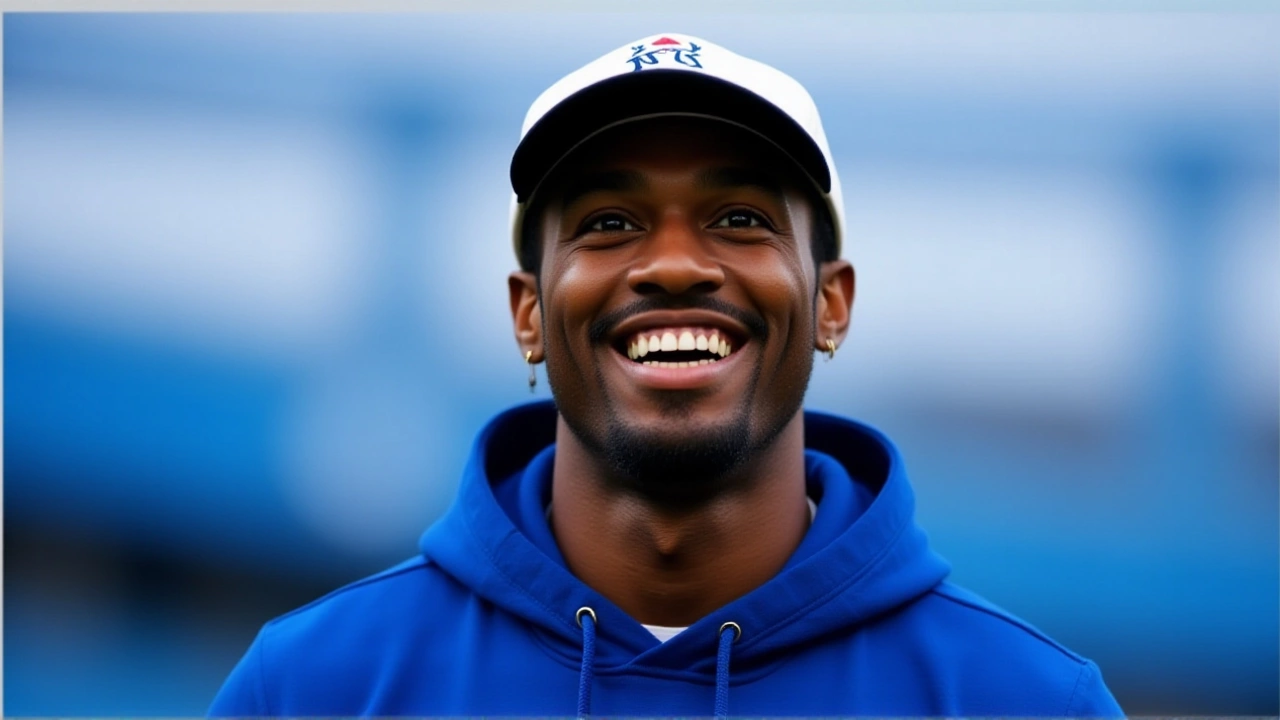Frank Lampard – All About the Football Legend
When talking about modern English football, Frank Lampard, a former midfielder turned manager known for his record‑breaking goal tally at Chelsea and his sharp tactical mind. Also called "Super Frank", he embodies the blend of skill, stamina, and leadership that defines top‑level football. Chelsea FC, a Premier League powerhouse based in London provided the stage for Lampard’s most iconic moments, while the Premier League, England’s elite competition featuring the nation’s best clubs amplified his influence across the sport.
Frank Lampard’s style can be broken down into three core attributes: late‑run ability, precise long‑range shooting, and relentless work rate. Those traits helped him net 211 league goals – a record for a midfielder – and earn three Premier League titles. In coaching, he carries the same principles forward, demanding tactical discipline and encouraging midfielders to contribute both defensively and offensively. This holistic view of the game links directly to the way the Premier League values versatility, where players must adapt to fast‑paced, physically demanding matches.
Beyond his personal stats, Lampard’s impact on Chelsea’s identity is unmistakable. During his 13‑year spell, the club shifted from a mid‑table side to a European heavyweight, winning the Champions League in 2012. That transformation showcases how a single player's philosophy can ripple through a team’s culture, influencing recruitment, training methods, and even fan expectations. It also highlights the symbiotic relationship between a star player and a historic club – each bolstering the other's brand.
When you look at the broader English football landscape, Lampard sits alongside other great midfield playmakers like Steven Gerrard and Paul Scholes. What sets him apart is his knack for scoring from distance, a skill that reshaped how managers view the midfielder’s role in attack. This evolution is reflected in the Premier League’s tactical trends, where modern midfielders are expected to add a goal threat, mirroring Lampard’s own playing philosophy.
For fans interested in the tactical side, studying Lampard’s games offers a masterclass in movement timing. He often waited for defenders to commit, then surged into the box to meet a cross or a chipped pass. That instinctual timing is a lesson for budding coaches and players alike: success isn’t just about raw talent, it’s about reading the game and exploiting tiny gaps. These concepts are echoed in many of the articles below, which break down game strategy, player development, and club dynamics.
What You’ll Find Below
Below you’ll discover a range of stories that touch on different angles of the football world – from deep dives into match tactics and player stats to the business side of clubs like Chelsea. Whether you’re a casual fan curious about Lampard’s legacy or a coach looking for actionable insights, the collection offers fresh perspectives that tie back to the themes discussed here.
Ready to explore? Scroll down to see how Lampard’s influence weaves through the latest content, offering practical takeaways and engaging narratives for every football‑enthusiast.
